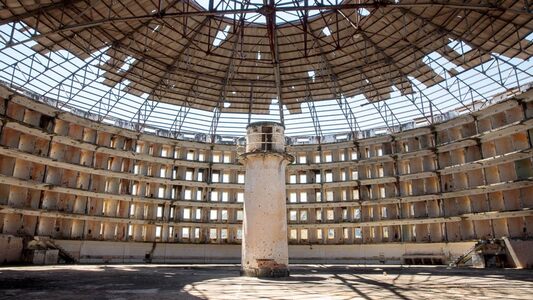Modern life in Cuba is a unique blend of heritage and social resilience. The country has a very complex political landscape. The government maintains a high level of control over many parts of life. However, recent years have shown a shift toward personal freedoms and economic reforms. Most people on the island live with limited access to modern goods. This scarcity has shaped a culture of deep resourcefulness. Communities depend on strong family ties and local support networks to survive.
Work is a central part of the daily routine for most Cubans. Many people work in state-run companies. A growing number of citizens are now moving into the private sector. Salaries are often low compared to international standards. However, the state provides free healthcare and education to everyone. People value these services highly. Despite the constant struggle, there is a powerful sense of pride among the population. Many people find ways to earn extra money through small side businesses.
Shopping on the island is defined by scarcity and long lines. State stores frequently have very empty shelves. People must rely on informal trade to find essential items. This reality has led to the rise of small private restaurants called paladares. These businesses offer more variety than state options. They serve both local residents and visiting tourists. The emergence of private enterprise is a major change in the social structure.
Transportation in Cuba is a mix of different eras. Vintage American cars from the 1950s are a famous sight. Owners maintain these vehicles through cleverness and necessity. Public buses and shared taxis are the main ways to travel. These systems are often crowded and difficult to use. In recent years, electric scooters and bicycles have become more popular. These new options provide more flexibility for moving through the cities.
The island is home to a very rich spiritual life. Catholicism is the most common faith. However, Afro-Cuban traditions like Santería are also very influential. These beliefs often blend together in unique ways. Faith provides a sense of continuity in a changing world. It helps people maintain a connection to their history and their ancestors. Religious centers are vital hubs for community support and social connection.
The general mood in Cuba is a mix of pride and frustration. People are proud of their identity and their survival. Yet, they are open about the hardships they face every day. This spirit is often captured by the word resolver. In English, this means to solve or to get by. It describes the ability to find a way forward through any obstacle. This outlook helps Cubans maintain a hopeful view of the future. They continue to build their lives with dignity and grace.

